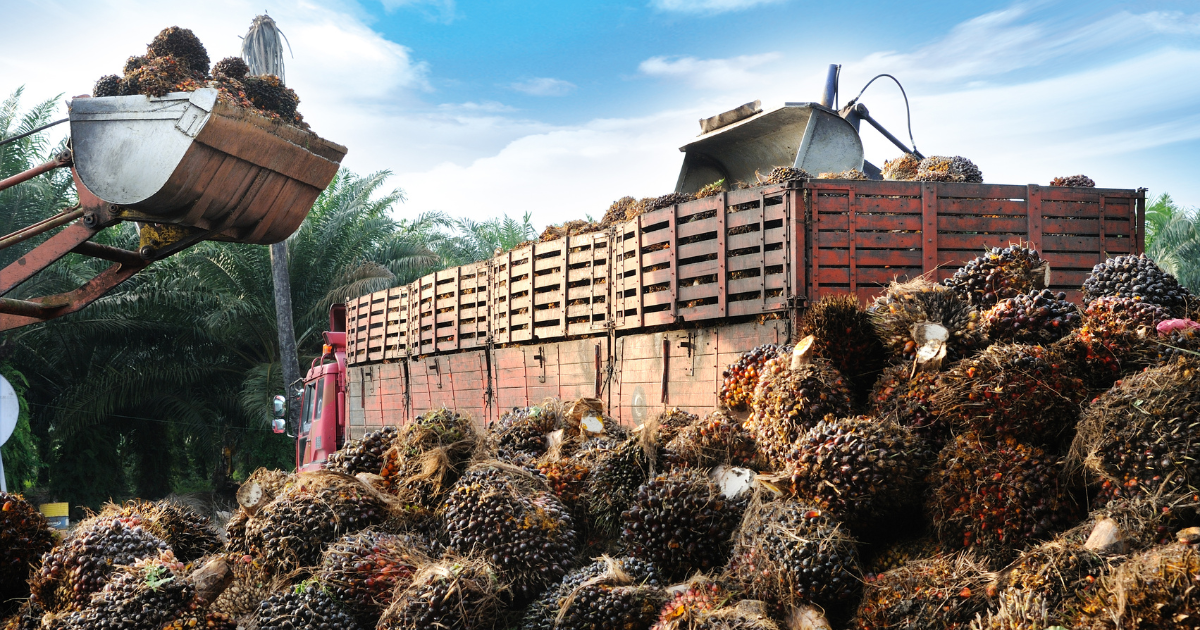
The recent tariff shock triggered by US President Donald Trump could lead to as many as 50,000 direct and indirect job losses in Malaysia, especially hitting key industrial hubs such as Penang, Johor, and the Klang Valley, according to the Malaysian International Chamber of Commerce and Industry (MICCI).
MICCI President Christina Tee said sectors most at risk include electronics, gloves, and automotive parts, where export-linked production may face significant contractions, particularly affecting small and medium enterprises (SMEs).
Most consequential trade development
This is one of the most consequential trade developments in recent years,” Tee noted.
“The 24 per cent tariffs will have far-reaching implications not only on electronics manufacturing services (EMS), but also on palm oil, medical devices, automotive parts, textiles, and more.”

She warned that the tariffs could render Malaysian exports uncompetitive in the US, potentially forcing businesses to reconsider contracts, restructure operations, or even shift production abroad.
Malaysia cannot afford to remain passive while other regional economies actively seek relief or exemptions,” Tee stressed.
“We must respond promptly and work together to safeguard our industries, jobs, and global competitiveness.”
Tariff Mitigation Council
To address the looming crisis, MICCI has formally proposed the creation of a Tariff Mitigation Council, to be co-chaired by the Ministry of Investment, Trade and Industry (MITI) and MICCI itself.
The council would be responsible for leading national-level coordination efforts in response to the tariffs.
Additionally, MICCI has recommended:
- The formation of bilateral working groups under the Malaysia–US Trade and Investment Framework Agreement.
- Access to technical advisory services for exporters affected by the tariffs.
As part of its five-point national response strategy, the chamber outlined the following key measures:
- A Tariff Cushioning Scheme to support impacted businesses.
- Trade Agreement Acceleration to diversify markets and reduce dependency on the US.
- A Harmonised System (HS) Code Defense Taskforce to monitor and defend product classifications.
- A US Diplomacy Taskforce to push for fairer terms and relief.
- An Exporter Resilience Fund to help businesses weather export disruptions.
With over 65% of Malaysia’s GDP tied to trade, Tee said the country remains extremely vulnerable to global shocks and must act swiftly to preserve economic stability.

